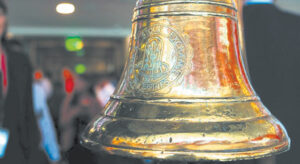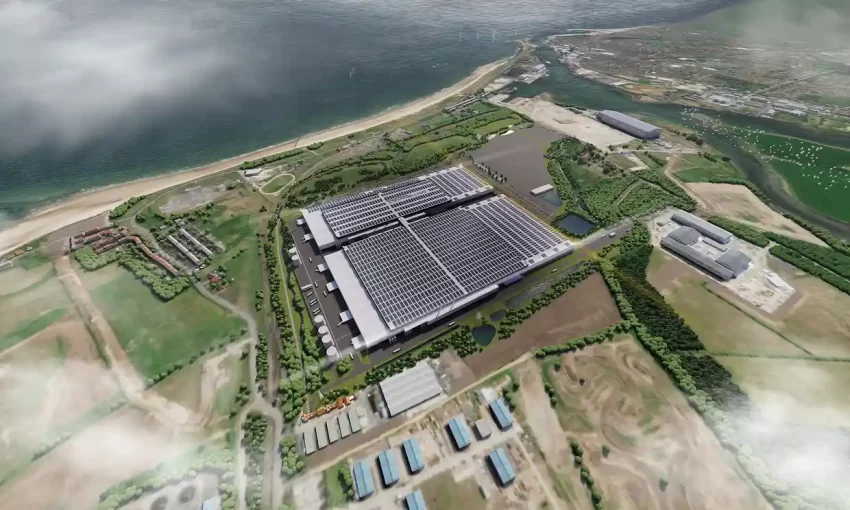A clear winner has emerged from Democratic Republic of Congo’s 20 December presidential vote, electoral commission head Denis Kadima said, echoing an assertion made by the country’s biggest observer mission.
Neither Kadima nor monitors from Congo’s Protestant and Catholic churches named the leading candidate, but a partial tally from the commission, known as CENI, shows the incumbent president, Felix Tshisekedi, is well ahead. Provisional results are due to be announced on 31 December.
ADVERTISEMENT
CONTINUE READING BELOW
The churches’ parallel count, which was based on a sample of votes, showed one contender garnering more than 50% support, and Kadima said that observation corresponds with the actual ballots received by CENI.
“For the first time, we can say it’s the same thing,” he said in an interview in the capital, Kinshasa, on Friday.
“If you take the presidential election, the gap is very big between first and second.”
About the size of Western Europe, Congo is the world’s biggest producer of battery mineral cobalt and one of the largest producers of copper.
The election was the country’s fourth consecutive vote after decades of conflict and dictatorship that left it with little infrastructure and millions of its people mired in poverty.
Delays
Kadima and CENI have been the targets of withering criticism from opposition candidates and their supporters after logistical issues prolonged the election over several days. As in a succession of previous elections, many of Tshisekedi’s opponents have rejected the outcome and called for a re-run.
“I’m not concerned that we’ve gone beyond the date,” Kadima said. “The main thing is that these communities were able to vote, honestly, with transparency.”
Turnout in the election could surpass 40% of the country’s 44 million registered voters, though CENI is still collecting the data. At that rate, Tshisekedi, who has 9.5 million of the 12.5 million ballots counted so far, is already on the cusp of victory.
‘Electoral gangsterism’
Kadima agreed with the churches’ 25 000-person observer mission that a multitude of problems could affect the vote outcome “in certain locations.”
In some places, people burned polling stations or destroyed vote machines, he said, adding he didn’t yet have complete data on how many of the 75 000 balloting locations had opened.
ADVERTISEMENT
CONTINUE READING BELOW
“There are politicians who tried to cheat, to manipulate, to intimidate, to use force to win,” said Kadima, describing such actions as a kind of “electoral gangsterism.”
“There are cases like this, but it’s not generally the case,” and in the worst instances, CENI will redo the vote, he said.
The biggest fights are now over the 500 seats in Congo’s national assembly.
Previous commissions have looked the other way while those positions were negotiated, “according to rumours,” Kadima said.
“Enterprising” politicians are now trying to win these offices “by circumventing the law,” he said. “We will ensure that corrections are made so that the decision on the ballot reflects the will of the people.”
Before taking on his current role, Kadima, 62, spent nearly 20 years as executive director of the Johannesburg-based Electoral Institute for Sustainable Democracy in Africa, where he worked on more than 100 elections around the world.
He is from the same region as Tshisekedi and speaks the same language, leading some opposition candidates to question his impartiality. He denies the allegations and says the two first met in 2015 and don’t have a close relationship.
© 2023 Bloomberg L.P.




